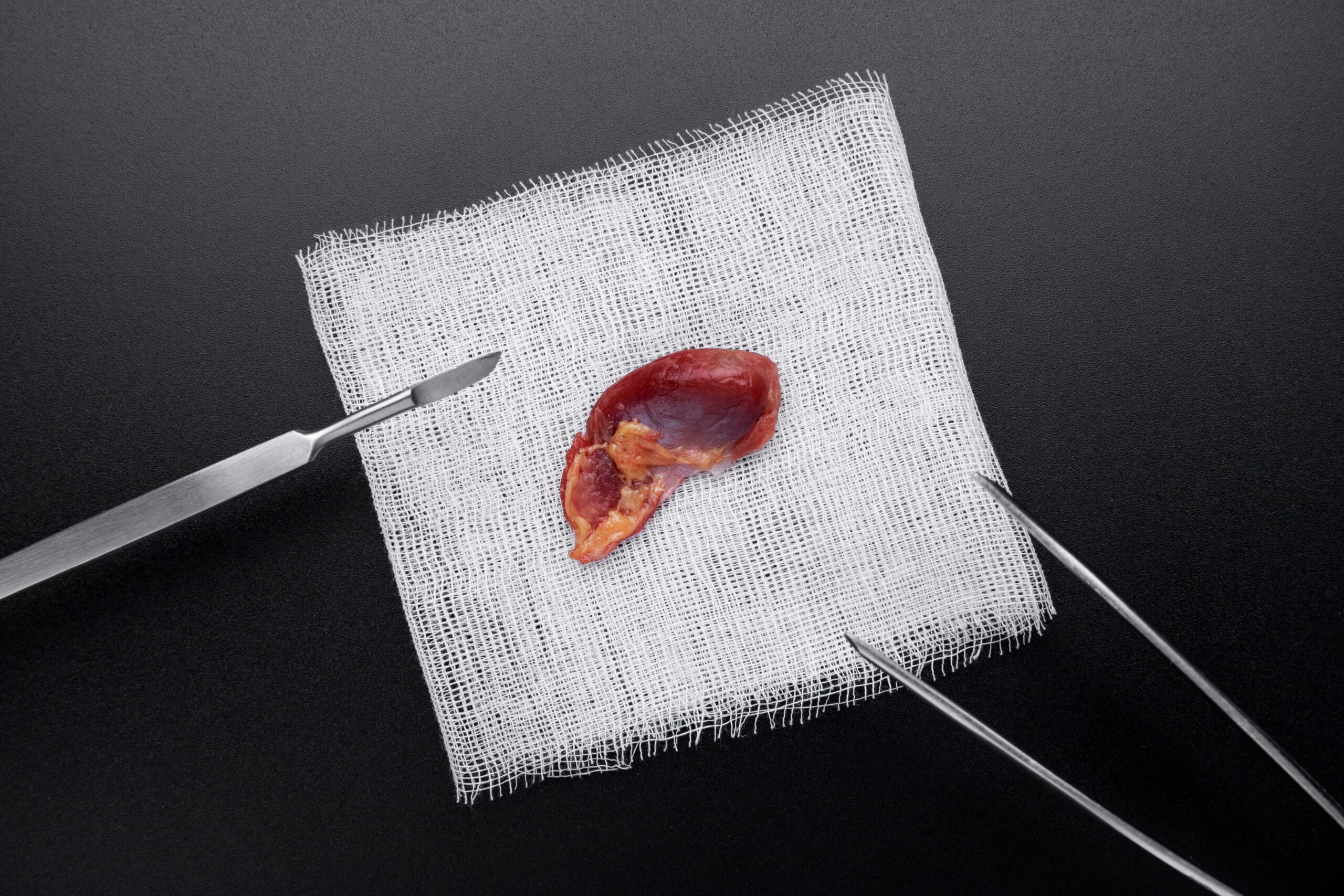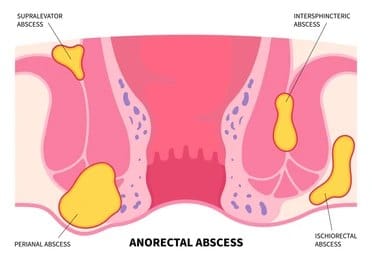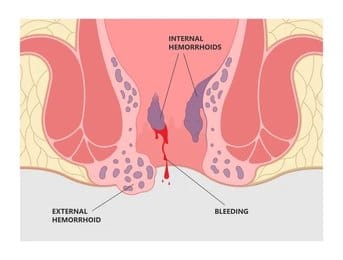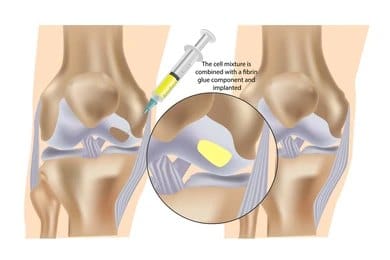Dr Mayank Gurjar - Best Fistula Cancer Specialist in Ahmedabad
Dr. Mayank Gurjar is an expert in managing complex fistula cases using the latest surgical techniques. His approach focuses on accurate diagnosis and targeted treatment to promote healing, reduce recurrence, and improve patient outcomes.

Fistuala Surgery
Fistula surgery is a procedure to treat abnormal connections or passageways (fistulas) between two organs or vessels that do not normally connect. Fistulas can occur in various parts of the body, including the digestive tract, urinary tract, and between blood vessels. They are often caused by infections, inflammation, injury, or surgical complications. Surgery aims to close the fistula, prevent infection, and restore normal function.

Types of Fistula Surgery
Several surgical approaches can be used to treat fistulas, depending on their location and severity:

Fistulotomy
This procedure involves cutting open the fistula tract to allow it to heal from the inside out. It is commonly used for simple anal fistulas.

Seton Placement
A seton, which is a surgical thread, is placed through the fistula to keep it open and drain infection while it heals. This method is often used for complex fistulas to prevent the risk of incontinence.

Advancement Flap Procedure
Involves creating a flap of healthy tissue to cover the internal opening of the fistula. This technique is used when a fistulotomy is not feasible or carries a high risk of incontinence.

Fibrin Glue
A less invasive option, where fibrin glue is injected into the fistula tract to seal it. This method is usually reserved for simple fistulas.

LIFT
Ligation of Intersphincteric Fistula Tract.This involves ligating and removing the fistula tract to allow the tissue to heal. This is a newer technique that preserves sphincter function and minimizes the risk of incontinence.

Laser Fistula surgery
This procedure involves cutting open the fistula tract to allow it to heal from the inside out. It is commonly used for simple anal fistulas.
Preparation and Recovery
Preparation for fistula surgery includes:
Preoperative Assessment
Comprehensive evaluation to determine the best surgical approach and ensure the patient’s overall health is suitable for surgery.
Medication Adjustments
Patients may need to stop taking certain medications before surgery to reduce the risk of bleeding and other complications.
Fasting
Avoiding food and drink for a specified period before the surgery.
Postoperative Care
Following the surgeon’s instructions for wound care, including keeping the area clean and dry, and using prescribed medications to manage pain and prevent infection.
Pain Management
Using prescribed or over-the-counter pain relief as needed.
Diet and Hydration
Maintaining a balanced diet and staying hydrated to promote healing.
Gradual Return to Normal Activities
Most patients can resume light activities within a few days and normal activities within a few weeks.
Follow-Up Visits
Attending scheduled follow-up appointments to monitor the healing process and address any concerns.
Benefits
Effective Relief
Provides lasting relief from the symptoms and complications of fistulas.
Prevents Infection
Reduces the risk of recurrent infections associated with untreated fistulas.
Improved Quality of Life
Alleviates discomfort and pain, improving the patient’s overall quality of life.
Risks
Infection
As with any surgery, there is a risk of infection at the surgical site.
Bleeding
There may be some bleeding during or after the surgery.
Pain and Discomfort
Postoperative pain and discomfort are common but can be managed with medication and care.
Recurrence
There is a possibility of fistula recurrence, requiring further treatment.


